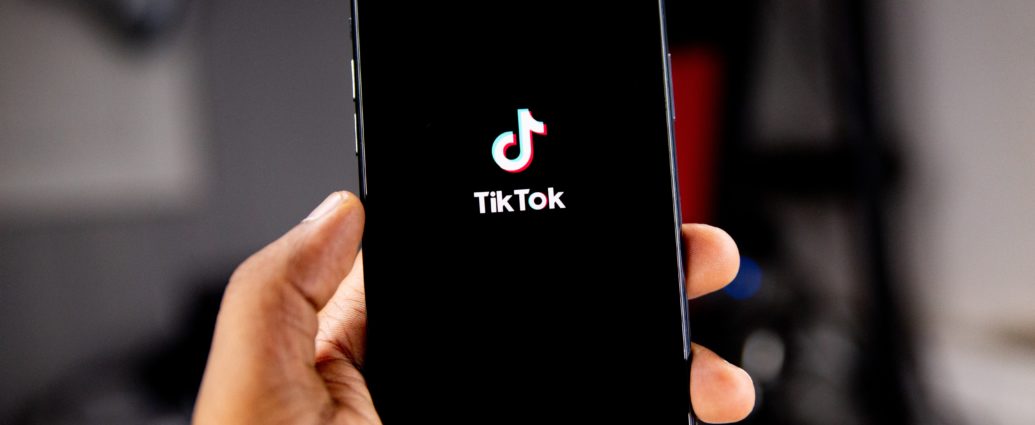Billianna Allen-Mandeville
By now, you have probably heard of Nadine Dorries. For some, she is a bastion of the ‘Leaver’s Brexit’ rhetoric, and what puts the ‘Great’ in Great Britain. For others, she is an ever-central figure of pop-culture controversy. Now, for the lack of a better phrase, she has ‘come out’ as dyslexic. As a fellow disabled person with dyslexia, this has annoyed me. However, this is not quite for the reason you might think.
Late in April 2022, Nadine Dorries was featured in a fellow MP’s TikTok video. Dorries received an onslaught of criticism for having ‘muddled’ her words.
In the MP Luke Evan’s TikTok, Dorries was promoting her role as Secretary of State for Digital, Culture, Media and Sport.
Throughout, she incorrectly suggests that members of the public are able to “downstream” films and use tennis “pitches.”
@drlukeevansmp @nadinedorriesmp #parliament #Westminster #whatdoyoudoforaliving #mplife ♬ original sound – Dr Luke Evans MP
Criticism And Controversy
Originally, the video only had a few thousand views. When the video was retweeted, the views increased. Along with this, Dorries received mass attention and scrutiny.
At its most severe, critics suggested that Dorries should not have such political responsibility if she could not explain her role coherently, or use intelligible vocabulary.
Political activist Femi Oluwole tweeted: “Thanks Nadine Dorries for helping us “downstream movies” and “exercise our sports.” You’re so convincing as a human.”
For other politicians, this incident may have been less scrutinised. Yet, Dorries has been a somewhat controversial figure. In the past, she was suspended from the Conservative Party for appearing on I’m a Celebrity Get Me Out of Here. It was also uncovered that, in leaked WhatApp messages, she called Boris Johnson a “hero.” Currently, the MP is leading the “disappointing” privatisation of Channel 4.
The Response
In response to the so-called ‘mockery’, the Culture Secretary tweeted to say that she has dyslexia. For her, symptoms included running words together and saying “things that sound like the words I’m trying to say.” She decided not to disclose her dyslexia previously up until this point, as she had coped without having to.
“Seeing someone getting pressured into disclosing their disability, especially before they are ready, or to people they do not wish to share it with, is difficult and wrong.”
Now it appears that the mocking she received triggered her to change her stance on the matter. On top of this, the attention has provided her with a chance to share her own TikTok account.
I have dyslexia, which means that when I speak I often run my words together and say things that sound like the words I’m trying to say.
Dyslexia affects people differently. For me, it affects my speech more than my writing, which is why I find solace in writing. (1/5)
— Nadine Dorries (@NadineDorries) April 23, 2022
Dyslexia And Me
Dyslexia is a life-long, neurological difference that can occur alongside other learning difficulties. Each person’s experience of dyslexia is individual, and symptoms can vary from mild to severe.
According to the British Dyslexia Association, an estimated 10 per cent of the UK population is dyslexic.
There is a common misconception that dyslexia only impacts someone’s ability to read and write. Signs of the learning difficulty might include issues with coordination, speech, memory and organisation.
As a life-long leftie, I never thought I would empathise with Nadine Dorries. However, after seeing the backlash against her performance, I found myself considering taking her side in the matter.
“Problematically, the criticism that the MP is faking or ‘claiming’ that she has dyslexia is the very reason why so many people do not share their disabilities and, as a result, do not receive the support they are entitled to.”
I will often miss or use incorrect words, say sentences in the wrong order and forget common phrases. I know that if I were in her position, creating an ad-hoc TikTok, I would have made similar mistakes.
Representation Matters
Seeing someone getting pressured into disclosing their disability, especially before they are ready, or to people they do not wish to share it with, is difficult and wrong. After all, we should surely be beyond the point in society where we make fun of a grown woman for a petty case of misspeaking when there are far bigger fish she is frying.
Derry Girls actress Siobhán McSweeney tweeted in response: “It’s not the dyslexia we are laughing grimly at…it’s your lack of ability and basic knowledge of your responsibilities…it’s you!”
With that being said, Dorries, as with many other people in power with a platform, seems to consider her learning difficulty a deficiency – that it should be something to be hidden, or simply coped with.
Problematically, the criticism that the MP is faking or ‘claiming’ that she has dyslexia is the very reason why so many people do not share their disabilities and, as a result, do not receive the support they are entitled to. As the Social Model tells us, it is not the person that is to blame for their difficulties, but rather the barriers and ableism perpetuated by societal norms.
Understandably, not everyone identifies or finds strength in their disability or difficulties. Yet, where representation remains so vital in battling the stigma and stereotyping of disabled people, Dorries could have been a part of positive change from the very beginning. If she was open about her dyslexia, and the impact it has on her speech, she may have been subject to a very different response.
Featured image courtesy of Solen Feyissa on Unsplash. The image licence can be found here. No changes were made to this image.

